Why Career Counselling & Stress Management Are Important for Children After 12th
1. Turning Point of Life
After Class 12, students face one of the most critical transitions of their lives. The decisions they make—about careers, courses, colleges, or even gap years—can have long-term consequences. Without the right guidance, they may:
Choose a career based on peer pressure or parental expectations
End up in a field that doesn't match their interest or aptitude
Waste valuable time and money on courses that don’t lead to meaningful outcomes
Career counselling provides structured support to make informed, confident, and personalized decisions.
2. Overload of Options, But Lack of Clarity
Today, students have access to hundreds of career paths—engineering, law, design, finance, medicine, liberal arts, vocational fields, and even new-age careers like data science or digital marketing.
However, too many choices can be paralyzing without professional help to:
Assess strengths, interests, and aptitudes
Understand the long-term scope of various careers
Choose between local vs. international education
Identify entrance exams, scholarships, and eligibility requirements
Career counselling bridges the gap between opportunity and clarity.
3. High Academic & Social Pressure
After 12th, students often feel immense pressure to “succeed” quickly, driven by:
Competitive entrance exams like JEE, NEET, CLAT, CUET, etc.
Parental expectations and comparison with peers
Fear of failure or falling behind
This pressure can result in:
Stress, anxiety, and burnout
Sleep disturbances
Loss of confidence and motivation
Even mental health issues like depression
Stress management sessions help students:
Recognize and manage their stress triggers
Practice mindfulness, relaxation, and positive thinking
Regain control over their emotional well-being
Improve focus, memory, and academic performance
4. Building Emotional Resilience
Post-12th is also a time when students start becoming independent. Whether they’re leaving home for college, preparing for competitive exams, or taking career-defining steps, they need emotional intelligence and resilience to:
Adapt to change
Handle failure or setbacks
Stay motivated without constant external pressure
Build healthy routines and habits
Combining career guidance with emotional support empowers students not just to make decisions—but to thrive in them.
5. Avoiding Costly Mistakes
Choosing the wrong course, college, or country can result in:
Academic struggles
Low self-esteem
Dropouts or frequent switching of careers
Financial loss and wasted years
With career counselling, students get:
A roadmap tailored to their potential
Alternate paths and back-up plans
Realistic expectations about job prospects and skill demands
6. Aligning Passion with Purpose
Many students don’t know that passion and career can align—because no one ever asked them what they really enjoy. A good counsellor helps them discover:
What subjects or tasks energize them
What careers match their personality type
How to turn hobbies or interests into viable career options
This not only increases job satisfaction later in life but also boosts academic performance in college.
7. Parental Involvement with Objectivity
Parents play a huge role in a child’s career choices. But their knowledge may be limited to traditional or familiar fields. Career counselling brings:
Objective data (psychometric tests, career trends, industry insights)
Neutral third-party perspective
A structured discussion between child and parent
A shared understanding of goals and expectations
Similarly, stress management training helps parents understand:
Signs of burnout in their child
How to support without pressuring
When to seek professional mental health help
📞 Empower your child today. Enroll them in a professional Career Counselling & Stress Management Program. Because the right support at the right time can change everything.
How These Life Changing Programs will Help ?
1. Bridging the Education-Real Life Gap
Traditional education often emphasizes academic knowledge but neglects practical skills. Life skill courses prepare individuals for real-world challenges, like managing finances, resolving conflicts, or making informed choices.
2. Enhancing Employability
Employers increasingly seek candidates with soft skills such as teamwork, adaptability, communication, and leadership. Life skill training gives job seekers a competitive edge.
3. Improving Mental Health and Well-being
Courses on emotional intelligence, stress management, and mindfulness promote self-awareness and resilience, reducing anxiety and burnout.
4. Empowering Individuals
Life skills promote confidence, independence, and the ability to make responsible decisions, especially important for youth transitioning into adulthood.
5. Building Better Relationships
Skills like empathy, active listening, and conflict resolution help build healthy personal and professional relationships.
6. Promoting Civic Responsibility
Life skill education fosters critical thinking, ethical reasoning, and social responsibility, encouraging individuals to contribute positively to society.
7. Adapting to a Rapidly Changing World
With fast technological, social, and economic changes, people need adaptive skills—like learning how to learn, managing digital presence, and continuous self-improvement.
Where Life Skill Courses Are Most Valuable
Schools and Colleges (to prepare students for life beyond academics)
Corporate Training (to enhance workplace efficiency and culture)
Community Programs (for marginalized or at-risk populations)
Youth Development Initiatives
Rehabilitation Programs
✅ Conclusion
Life skill courses are no longer optional—they are essential for holistic growth. As the world grows more complex, being equipped with practical, interpersonal, and emotional skills is crucial for thriving personally and professionally.
Finance
Empowering professionals through financial education programs.
Coaching
Consulting
connect@sayufinserv.com
+91-7303676906
© 2025. All rights reserved.
